Related Research Articles
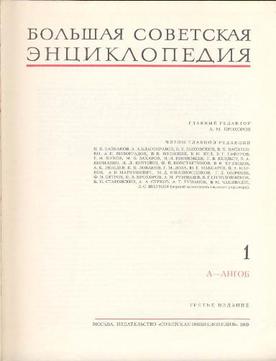
The Great Soviet Encyclopedia is the largest Soviet Russian-language encyclopedia, published in the Soviet Union from 1926 to 1990. After 2002, the encyclopedia's data was partially included into the later Boljšaja rossijskaja enciklopjedija in an updated and revised form. The GSE claimed to be "the first Marxist–Leninist general-purpose encyclopedia".

Ogoniok was one of the oldest weekly illustrated magazines in Russia.
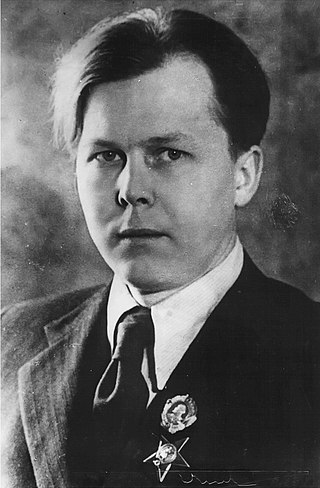
Aleksandr Trifonovich Tvardovsky was a Soviet poet and writer and chief editor of Novy Mir literary magazine from 1950 to 1954 and 1958 to 1970. During his editorship, the magazine published One Day in the Life of Ivan Denisovich by Aleksandr Solzhenitsyn. He is best known for his epic poem Vasili Tyorkin.
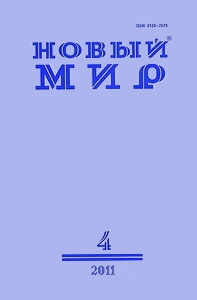
Novy Mir is a Russian-language monthly literary magazine.

Viktor Platonovich Nekrasov was a Russian writer, journalist and editor.
The Union of Soviet Writers, USSR Union of Writers, or Soviet Union of Writers was a creative union of professional writers in the Soviet Union. It was founded in 1934 on the initiative of the Central Committee of the Communist Party (1932) after disbanding a number of other writers' organizations, including Proletkult and the Russian Association of Proletarian Writers.

Natig Rasulzadeh is a contemporary Azerbaijani writer. He was born in Baku on June 5, 1949. At age 17, he was already publishing in “Youth of Azerbaijan” newspaper. After finishing high school, Rasulzadeh entered the Baku Polytechnic Institute. However, four years later, he quit his studies and transferred to the Maxim Gorky Literature Institute in Moscow, Russia. His works have been published regularly in Baku and Moscow newspapers since 1970.

The Oak and the Calf, subtitled Sketches of Literary Life in the Soviet Union, is a memoir by Russian writer Aleksandr Solzhenitsyn, about his attempts to publish work in his own country. Solzhenitsyn began writing the memoir in April 1967, when he was 49 years old, and added supplements in 1971, 1973, and 1974. The work was first published in Russian in 1975 under the title Бодался телёнок с дубом. It has been translated into English by Harry Willetts.
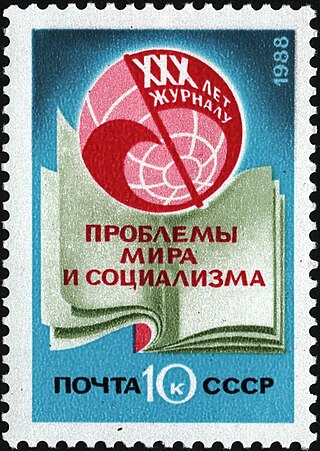
Problems of Peace and Socialism, also commonly known as World Marxist Review (WMR), the name of its English-language edition, was a monthly theoretical journal containing jointly-produced content by Communist and workers' parties from around the world, published from September 1958 to June 1990.
Looming is the oldest literary magazine in Estonia. The headquarters is in Tallinn.
John Wesley Conroy was a leftist American writer, also known as a worker-writer. He was best known for his contributions to proletarian literature: fiction and nonfiction about the life of American workers during the early decades of the 20th century.
Oktyabr was a monthly Russian literary magazine based in Moscow. It was in circulation between 1924 and 2019. In addition to Novy Mir and Znamya the monthly was a leading and deep-rooted literary magazine in Russia.
Nash Sovremennik is a Russian literary magazine, founded in 1956, as a successor to the Yearly Almanac.

Alexey Alexandrovich Surkov was a Russian Soviet poet, editor, literary critic and high-profile nomenklatura figure, the head of the Soviet Union of Writers in 1953–1959, notorious for his role in the persecution of Boris Pasternak

International Literature was a monthly multi-language literary and political magazine published in the Soviet Union from 1933 to 1943. The magazine was based in Moscow. It was published by the International Union of Revolutionary Writers until December 1935, when the Union of Soviet Writers took over.
This name uses Eastern Slavic naming customs, the patronymic is Majitovich and the surname is Abdullaev.
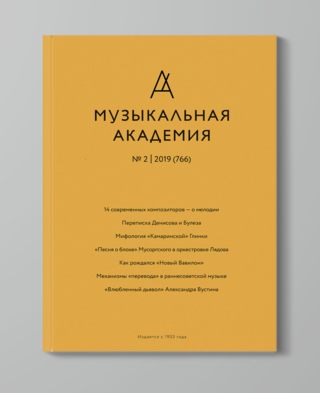
Music Academy is the oldest Russian peer-reviewed academic journal about music.
Albertas Juozėnas, mostly known by his pseudonym Juozas Baltušis was a Soviet Lithuanian writer, radio and press operative and public figure. A popular author in Lithuania, albeit with a strong Soviet identity, among his best known works are the 1947 play Gieda gaideliai, the novel Parduotos vasaros, first published in two volumes in 1957 and 1969 and Sakmė apie Juzą, a 1979 universal piece of literature which won the Lithuanian SSR State Prize and the Prix du Meilleur Livre Étranger. From 1946 to 1954 he was the secretary of the party organization of the Lithuanian Writers' Union and from 1946 to 1954 and then 1958 until 1962 he worked as the editor-in-chief of the literary magazine Pergalė (Victory). He was the deputy of the Supreme Council of the Lithuanian SSR for several decades.
Kultura i zhizn was a cultural magazine which was published in the period 1946–1951 in Moscow, Soviet Union. It was one of the publications of the Central Committee of the Communist Party.
Karogs was a monthly literary magazine which was published in Latvia in the period between 1940 and 2010. Published by the Soviet Latvian Writers’ Union during the Communist period it was a semi-official publication.
References
- ↑ Soviet Life. Embassy of the Union of the Soviet Socialist Republics in the USA. 1984. p. 2.
- ↑ Soviet literature. OCLC 850956 . Retrieved 21 August 2020– via WorldCat.
- ↑ "NEWS: 50+ Year Run of Soviet Literature Journal". Russian Art + Culture. October 13, 2013.
- ↑ "From Russia With Literature". The New Inquiry.